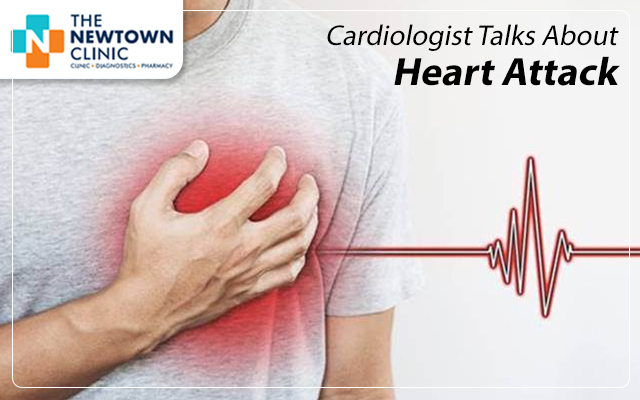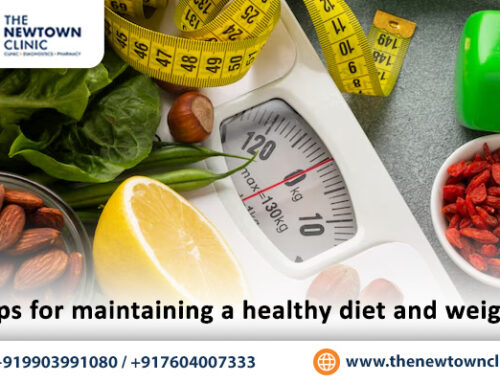What is a heart attack?
A myocardial infarction also known as a heart attack is a potentially fatal ailment caused by a shortage of blood flow to your heart muscle, says a well-known cardiologist in Newtown.
A lack of blood flow can be caused by various circumstances, but a blockage most commonly causes it in one or more of your heart’s arteries. The affected cardiac muscle will begin to die without blood supply. A heart attack can cause irreversible cardiac damage and death if blood flow is not restored soon.
What happens during a heart attack?
When you have a heart attack, the blood supply to a section of your heart ceases or drops significantly, causing that area of your heart muscle to die. When a section of your heart cannot pump due to a lack of blood supply, the pumping sequence for the entire heart is disrupted. This lowers or even stops blood flow to the rest of your body, which can be fatal if not treated promptly.
What are the symptoms of a heart attack?
Heart attacks can cause various symptoms, some more prevalent than others, says the heart specialist in Newtown. Symptoms most commonly stated by patients experiencing a heart attack are:
- Chest discomfort. This symptom might be minor, causing discomfort, or pain. It could begin in your chest and radiate to your left arm (or both arms), jaw, shoulder, neck, back, or down toward your waist
- Shortness of breath
- Nausea or stomach pain
- Anxiety
- Sweating
- Feeling dizzy, lightheaded, or passing out
How can I lower my chances of having a heart attack?
Although there are some risk factors over which you have no control, there are many things you can do to aid yourself and lower your chances of having a heart attack, says the expert of the best heart hospital in Newtown. These are some examples:
- Find a primary care physician and schedule a checkup with them at least once a year. Many early warning symptoms of heart disease, including some that you cannot feel, can be detected at an annual checkup. These include your blood pressure, sugar levels, cholesterol levels, and other factors
- Aim for 20-30 minutes of moderately strenuous physical activity per week
- Eat a healthy diet
- Maintain a healthy weight
- Manage your pre-existing medical conditions. High cholesterol, high blood pressure, and diabetes are all examples
Reduce your stress by practicing yoga, deep breathing, and meditation, says the top cardiologist in Newtown.








Leave A Comment